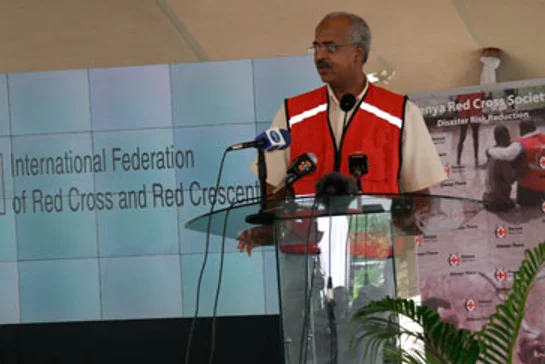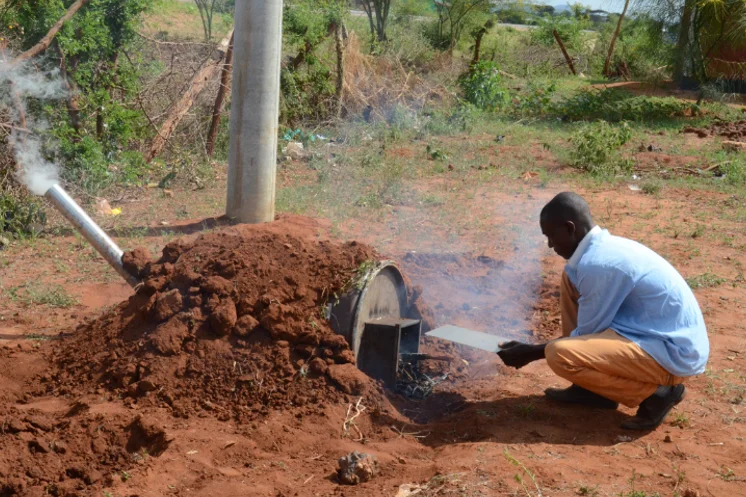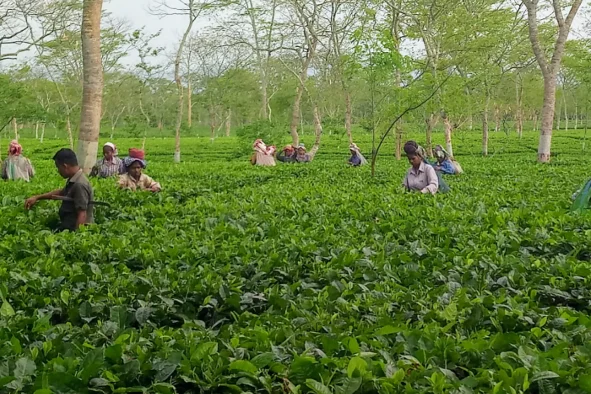Greening Kenya to address environmental sustainability and climate change

Sustainable Environment and Restoration Programme (SERP) in Kenya
The Government of Kenya, in collaboration with the Kenya Red Cross Society and the International Federation of Red Cross and Red Crescent Societies (IFRC), has launched the Sustainable Environment and Restoration Programme (SERP). This initiative aims to enhance environmental and climate change management in the country.
Context and Challenges
Climate change is a significant global issue, disproportionately affecting vulnerable populations in developing countries. In Kenya, climate change impacts key sectors like agriculture and tourism, which are vital to the economy and livelihoods of the majority of the population. Declining forest cover has further exacerbated issues with water towers and wildlife diversity.
Key Statements and Objectives
- Achim Steiner, Executive Director of the United Nations Environment Program, highlighted the critical role of forest cover for the Kenyan economy and emphasized SERP as a transformative conservation effort.
- Professor Judi Wakhungu, Cabinet Secretary of the Ministry of Environment, Water and Natural Resources, outlined the program’s focus on tree planting, biodiversity conservation, water catchment protection, and soil conservation.
Vision 2030 and Environmental Management
As part of Kenya’s Vision 2030 development strategy, the government is committed to several environmental management initiatives:
- Increasing Forest Cover: SERP aims to achieve a 10 percent forest cover threshold to combat deforestation.
- Protecting and Restoring River Basins and Water Towers: Efforts include conserving biodiversity and protecting crucial water sources.
- Solid Waste Management: Initiatives to manage waste effectively, reducing environmental impact.
Program Components and Expected Outcomes
- Tree Planting: The program will involve extensive planting of trees, bamboo, and shrubs to restore ecosystems.
- Biodiversity Conservation: Protecting various species and maintaining ecological balance.
- Water Catchment Protection: Ensuring the sustainability of water sources critical for both human and wildlife needs.
- Soil Conservation: Implementing measures to prevent soil erosion and degradation.
- Wealth Creation: Utilizing environmental conservation as a means to create economic opportunities.
- Global Climate Fight Contribution: Aligning local efforts with global climate change mitigation strategies.
Conclusion
The SERP initiative represents a significant step forward in Kenya’s environmental conservation and climate change mitigation efforts. By enhancing forest cover, protecting vital ecosystems, and promoting sustainable practices, the program aims to safeguard the environment and improve the resilience of communities against the adverse effects of climate change.
 Albania
Albania Algeria
Algeria Andorra
Andorra Argentina
Argentina Armenia
Armenia Australia
Australia Austria
Austria Azerbaijan
Azerbaijan Bahrain
Bahrain Belgium
Belgium Bolivia
Bolivia Brazil
Brazil Bulgaria
Bulgaria Cambodia
Cambodia Cameroon
Cameroon Canada
Canada Chad
Chad Chile
Chile China
China Colombia
Colombia Costa Rica
Costa Rica Croatia
Croatia Cyprus
Cyprus Czechia
Czechia Denmark
Denmark Ecuador
Ecuador Egypt
Egypt Finland
Finland France
France Georgia
Georgia Germany
Germany Ghana
Ghana Greece
Greece Hungary
Hungary Iceland
Iceland India
India Indonesia
Indonesia Ireland
Ireland Italy
Italy Jamaica
Jamaica Japan
Japan Jordan
Jordan Kazakhstan
Kazakhstan Kenya
Kenya Kuwait
Kuwait Latvia
Latvia Lebanon
Lebanon Libya
Libya Lithuania
Lithuania Luxembourg
Luxembourg Malaysia
Malaysia Maldives
Maldives Mali
Mali Malta
Malta Mexico
Mexico Moldova
Moldova Monaco
Monaco Morocco
Morocco Netherlands
Netherlands New Zealand
New Zealand Nigeria
Nigeria North Macedonia
North Macedonia Norway
Norway Oman
Oman




